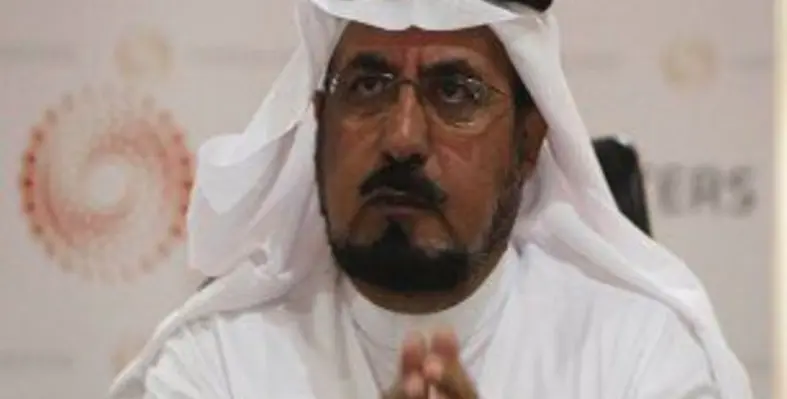Saudi Arabia expects renewable sources to contribute greater amounts to its total energy consumption as its need for power triples over the next two decades.
The government hopes to draw 10 per cent of its power output from solar energy and other renewable sources by 2020. Abdullah Al-Shehri, governor of the Saudi Electricity and Co-Generation Regulatory Authority (ECRA) told the Reuters Middle East Summit in Riyadh that power demand was expected to triple to 121,000 MW by 2032, adding that fuel consumption would also triple by then, but he expected the energy mix to be different.
Regarding what percentage renewal energy could likely contribute would depend on a number of factors. As Shehri explained, "I think any number can be achieved, provided there is enough support. If prices of oil continue going up, it will give more support and incentives. If they go down, it is going to slow things."
He said ECRA is awaiting approval from authorities after submitting a proposal for renewable regulation, which could be put in place in 2011. Saudi Electricity Co's installed power capacity stands at 50,000 MW, of which 45 per cent is fired by gas, 13 per cent from heavy fuel oil, 22 per cent from diesel and 20 per cent from crude, according to 2008 figures.
Demand for electricity in the Kingdom is rising at an annual rate of 8 per cent, Shehri added, with its peak load at around 44,000 MW. About a tenth of the country's production in barrels of oil equivalent (BOE) goes to power generation, Shehri said, without providing an exact figure.
Around 30 per cent of Saudi Arabia's power and water production comes from co-generation, Shehri said. Co-generation lowers carbon dioxide emissions and raises energy efficiency. Regarding the issue of Saudi's nuclear energy plans, Sheri pointed out that "as far as ECRA is concerned, any power plant that is going to be producing will be welcome, because the demand growth is high and it's not only the peak load (that) is increasing but also the base load."
SEC is believed to be paying around US$0.25 per kilowatt hour to provide power in remote areas in the kingdom during peak summer demand, said Vahid Fotuhi, director, Middle East, of BP Solar, a division of BP. If the Kingdom were to build 50 MW solar power plants, it would cost considerably less and the output would be much more sustainable, Votuhi said.







